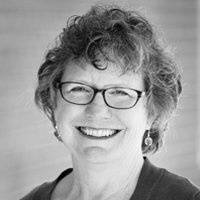Question
What is the difference between sensitivity and specificity, and why is it important?
Answer
Sensitivity is the rate at which a test correctly identifies a student with a language impairment as having a deficit. It is sensitive to finding children with disabilities. Specificity, however, is the opposite. It’s the rate at which a test identifies a child with typical skills as having adequate language skills, or normally developing skills. The source for some of this information comes from the Virginia Department of Education (https://bit.ly/29LnoeF).
Why is this so important? If we are using assessments that are not at least 80% accurate, we are going to make some errors. We should be looking closer to 95% - 100% accuracy, but we know there is variability. 80% is a valuable rule of thumb. We certainly do not want to identify a child who does not have a language impairment as having a language impairment. We certainly do not need to have that child pulled out of general education, and identified as a child who needs special education. Conversely, we want to avoid using any assessment that identifies a child who indeed has an impairment as not having an impairment.
Another caution is that the sensitivity and specificity may vary based on the standard deviations in that assessment. For example, some tests are more accurate in the 1 SD (standard deviation) below the mean range than they are in the 1.5 to 2 SD below the mean range. Therefore, it is important to take the time to read this information in the assessment manuals.
Lissa Power-deFur teaches at Longwood University where she has taught public school methods and supervised school-based services. Previously, she worked at the Virginia Department of Education as state consultant in speech-language and hearing, as special education/student services director, and as a policy analyst. She received the ASHA Leader Outstanding Services Award in 2012, for her article “When is a child with a speech-language impairment a child with a disability? Special education eligibility criteria.”

